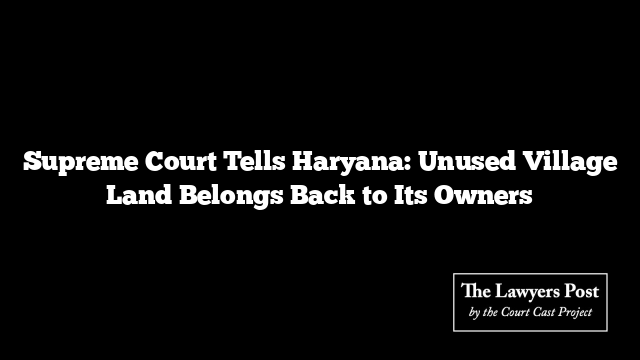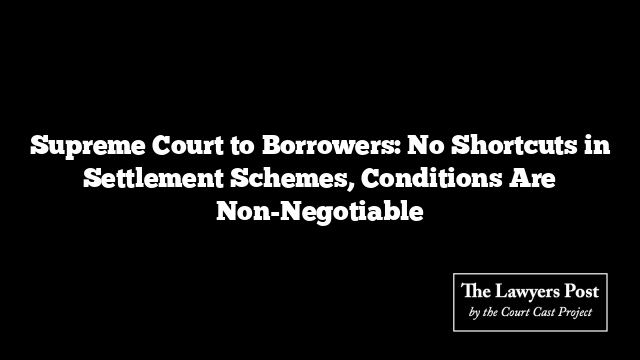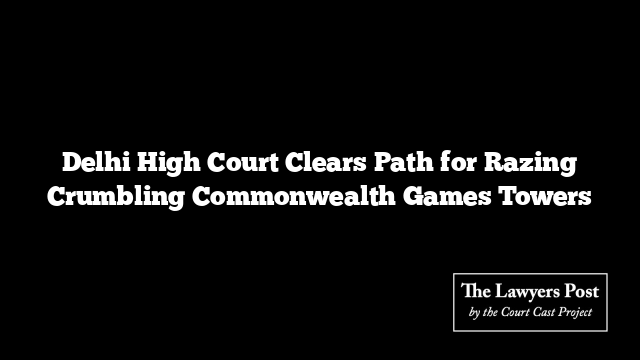In a significant relief for landowners in Haryana, the Supreme Court has ruled that farmland contributed for village common projects but left unused cannot be taken over by the state or panchayats—it must be returned to the very people who gave it.
A bench led by Chief Justice BR Gavai, along with Justices PK Mishra and KV Viswanathan, upheld a Punjab and Haryana High Court ruling that sided with proprietors. The Court made it clear: unless the unutilized portions—often called bachat land—are specifically earmarked for common use in the consolidation scheme and their possession is formally transferred, ownership remains with the contributors.
This judgment reverses a 2022 ruling that had briefly tilted in the government’s favor. After review, the Court restored the long-standing principle recognized since Bhagat Ram v. State of Punjab (1967)—that leftover land after consolidation belongs to the proprietors, not the Gram Panchayat.
The Haryana government’s move to expand the definition of shamilat deh in 1992, effectively roping in contributed land into village common holdings, was challenged by farmers as an indirect attempt to acquire land without compensation. The Court agreed with the challenge, underscoring that two legal conditions are mandatory for panchayats to claim such land: explicit reservation in the scheme and actual possession being handed over. Neither was satisfied in this case.
Reinforcing stability in the law, the Court leaned on the doctrine of stare decisis, noting that over a hundred consistent High Court rulings had supported landowners’ rights to bachat land. Disturbing this settled position, it warned, would shake the predictability and fairness of the legal system.
Finding no fault in the High Court’s reasoning, the Supreme Court dismissed Haryana’s appeal. What was once a narrow battle over leftover farmland has now become a resounding affirmation of landowners’ rights against creeping state appropriation.





